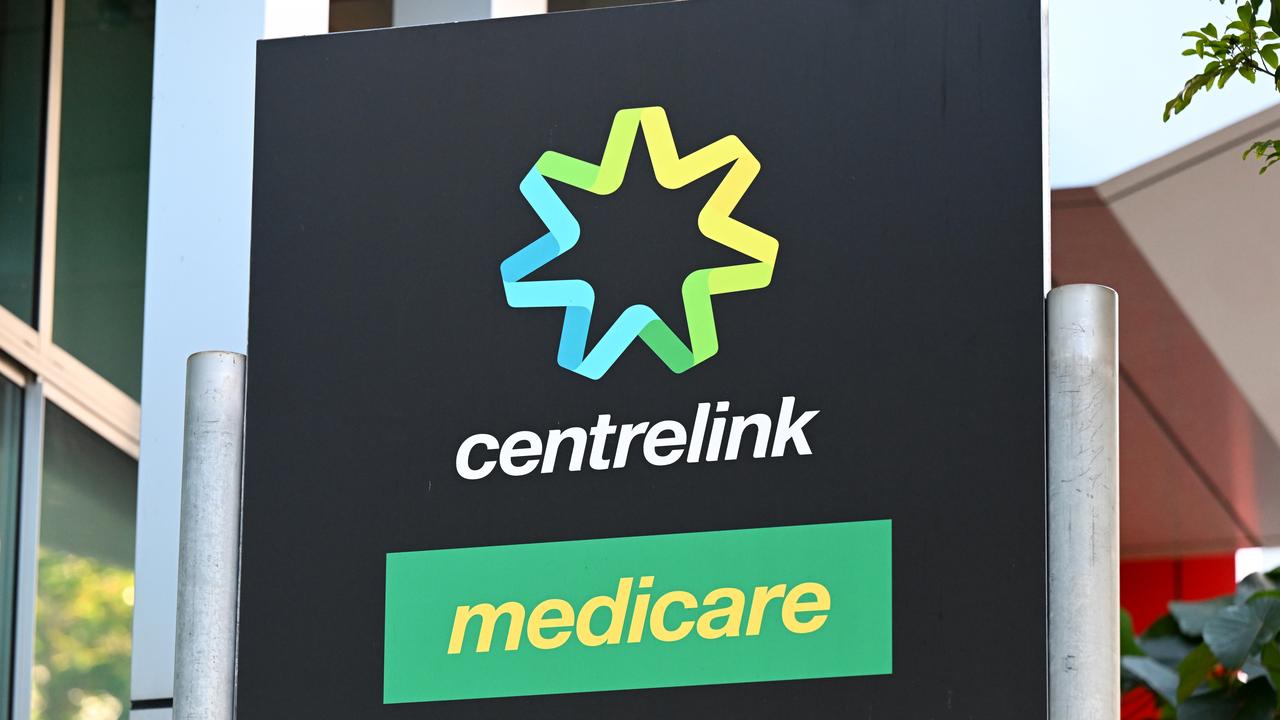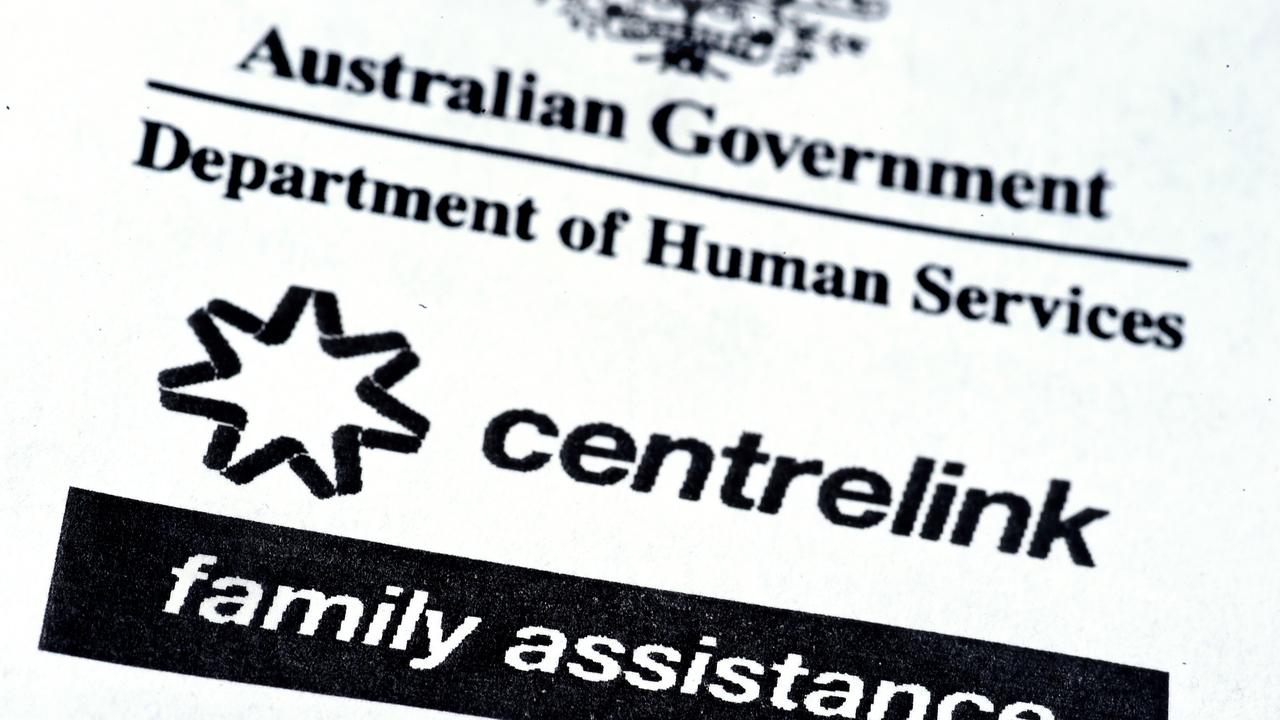
Nathan Knox was a young man paying off a crippling robodebt when a split second decision stopped him from stepping in front of a train.
He is one of the hundreds of thousands of people impacted by the unlawful robodebt scheme, which hunted down welfare recipients for money they didn't owe.
Prime Minister Anthony Albanese's government has agreed to pay an additional $475 million to its victims, marking a record-breaking class-action settlement.
The scheme operated between 2015 and 2019, and used automated data from the tax office to issue debt notices.

This resulted in almost 800,000 false debts that were raised against more than 500,000 recipients.
Mr Knox was in his early 20s and working, when he received a robodebt worth about $15,000 after a period of JobSeeker payments.
The debt notice turned his world upside down as a young person managing employment and paying bills.
"There was a moment there where I could have potentially stepped in front of a train ... you have that split moment and unfortunately, there are people out there who did make that split decision, and they're no longer with us," he told AAP.
A royal commission into robodebt found there were at least three known suicides as a result of the scheme, but was confident of further tragedies.
The scheme forced many people into dire financial circumstances, as they took out loans and sold their cars or ran down savings to pay off debt.
Mr Knox, now in his mid-30s and raising a young family, said the size of the settlement was a major win.
"No amount of money is going to return those individuals and it's really sad," he said.
"It says the government was wrong and what they did was unjust."
Gordon Legal lodged an appeal after the royal commission found the debt collection scheme was "neither fair nor legal".
Partner Andrew Grech said the settlement provided victims with some measure of redress.
"Money can never fully compensate for what they've been through, and we all understand that but at least this provides them with some sense that they're being listened to," he said.
The federal court must first approve the settlement which can take up to six months, Mr Grech said.
"We hope for it to be completed as soon as possible," he said.
The largest settlement in Australia's legal history will mean the policy disaster has cost taxpayers more than $2.4 billion.







